Mercifully, there is no evidence voters in Scotland are being wooed by Nigel Farage’s pint-swilling jack-the-lad performance art.
While a large swathe of England struggles with its short-term memory, evidentially forgetting what happens when you give a larger-than-life populist a taste of power, Scotland, at least, doesn’t seem fooled by Farage.
Reform UK are still giving it a go, though.
The party is standing candidates the length and breadth of Scotland.
A recent interview with one of them perhaps showed why the party is struggling to gain traction north of the border.
‘Excruciatingly light on detail’
Helen McDade, standing for Reform UK in Perth and Kinross-shire, was taken to task by The Sunday Show’s Martin Geissler on her party’s policies around immigration reform and private healthcare.
The candidate was successful in parroting the complaints of her party’s most famous son (immigration: bad) but was excruciatingly light on detail when pressed.
The interview achieved the impossible, managing to unite the SNP and the Conservatives, who both said afterwards that Reform UK is “out of touch” with voters in Scotland.
During an election campaign, any party who refuses to put the flesh on the bones of their promises or plans is insulting the intellect of voters.
As the end of term approaches, my ten-year-old daughter is working away on her speech to become her house vice captain.
All the students standing in the upcoming election have been warned by the school they aren’t allowed to make false promises to try and win votes.
There can be no pledges to install a chocolate fountain in the lunch hall or remove maths from the curriculum.
It’s odd that a primary school election is holding itself to a higher standard than some of the candidates asking for our vote on July 4.
‘Reform less than forthcoming’
In this election, we should be wary of the finger-pointers, as well as those who bear false promise.
As we saw from the recent TV debates, Nigel Farage is willing to talk at length about who and what he doesn’t like.
His party is less forthcoming when asked about practical solutions to complex problems.
On Monday, Reform UK launched its election ‘contract’ in place of the usual manifesto.
This, the party says, it because voters no longer believe in the veracity of election pledges.
That may well be true, but it is a situation Nigel Farage, as ever, seeks to exploit, rather than fix.
Brexit is what happens when you allow a slogan to replace detailed scrutiny.
Boris Johnson as prime minister is what happens when you give power to the man with the loudest voice in the room.
Farage being a dominant force in this election campaign is what happens when the UK media gives undue attention to a right-wing mouthpiece.
I’m not sure if he has a Reform UK campaigning event planned for Scotland in the coming weeks.
If he does, I trust our journalists to treat him with the same vigour and scepticism and they rightly do other politicians.
‘Easy ride’
For too long, Nigel Farage has been allowed an easy ride and it’s time the novelty act made contact with reality.
This election is crucial for voters in Scotland, as it is for those elsewhere in the UK.
We are living through a period of increasing financial uncertainty and rising poverty. The housing market – for both renters and buyers – is reaching crisis point.
Nothing works as it should and our public services are in a state of disrepair.
Through Brexit, the pandemic and the cost-of-living crisis, we have been asked to endure and plough on and pray things might one day get better.
After all that, the least we deserve is politicians who understand the magnitude of the problems facing the country and who have a detailed plan for how they are going to fix them.
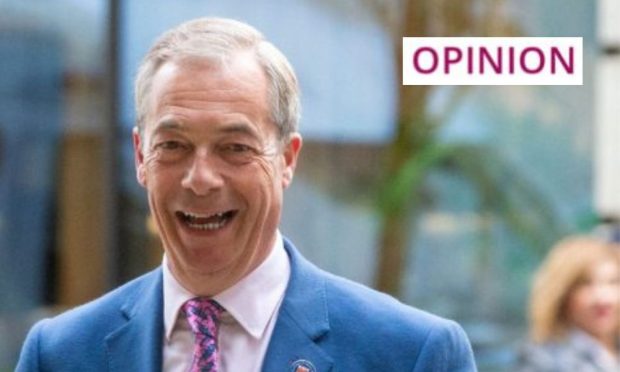
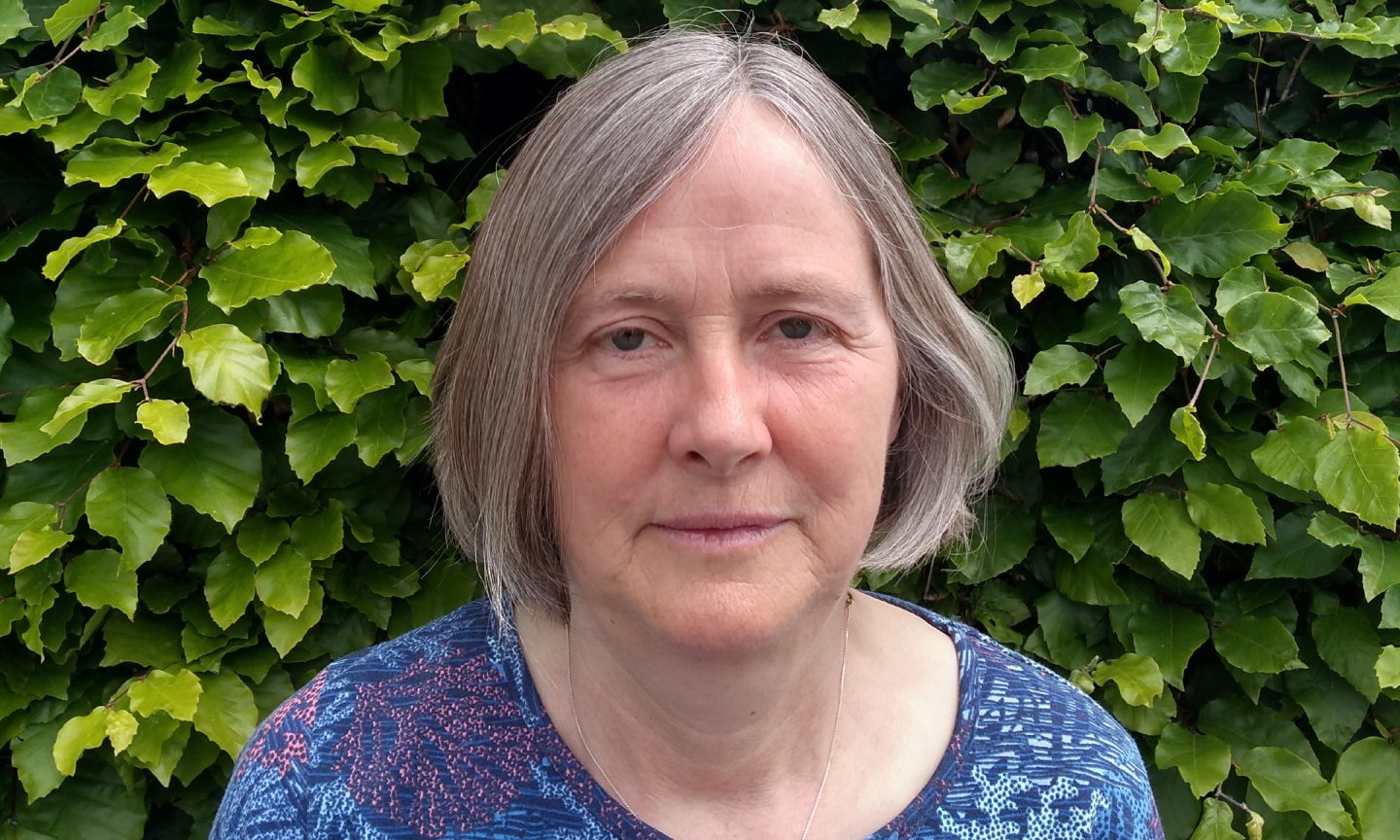
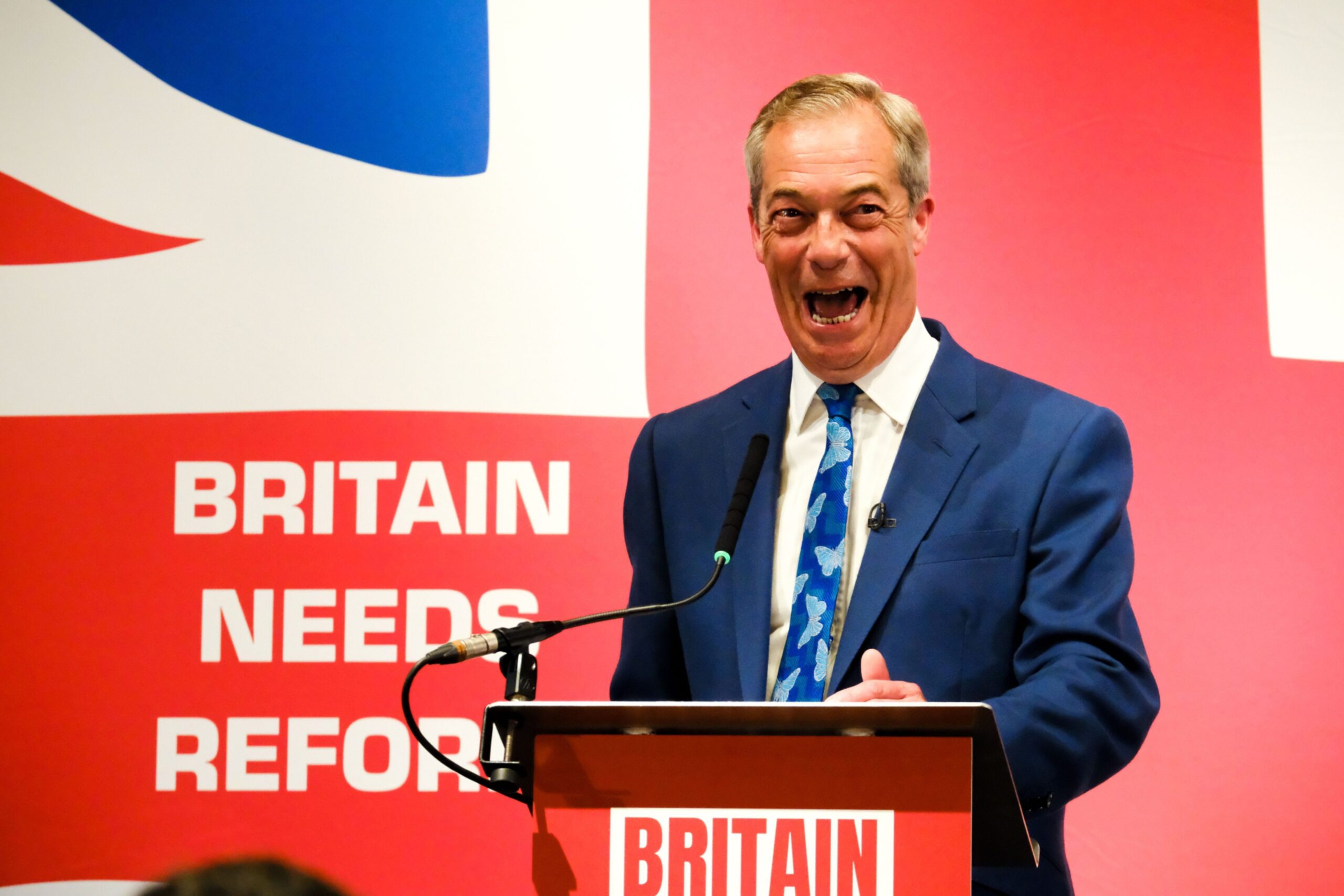
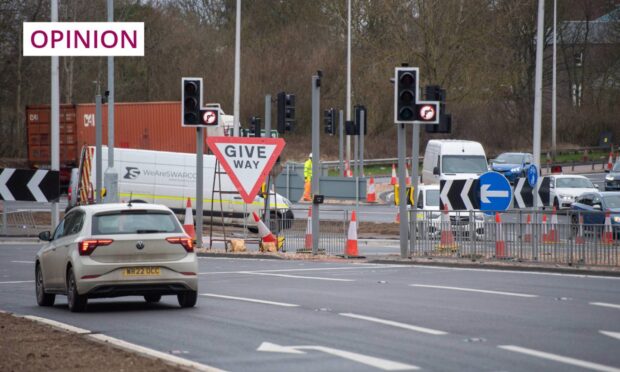
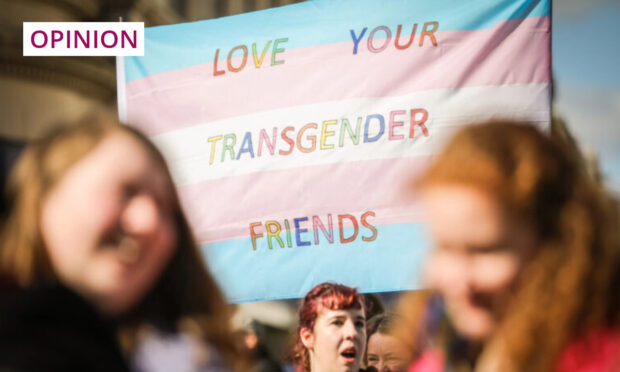
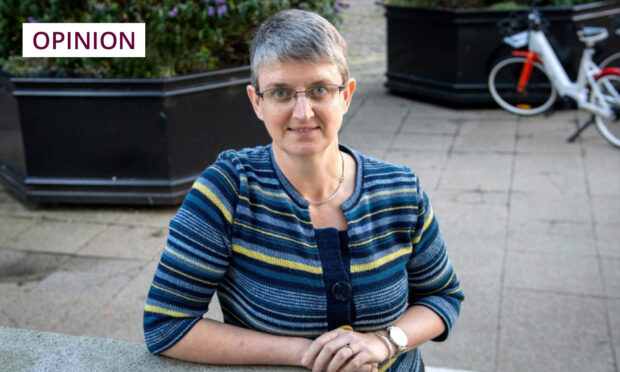







Conversation